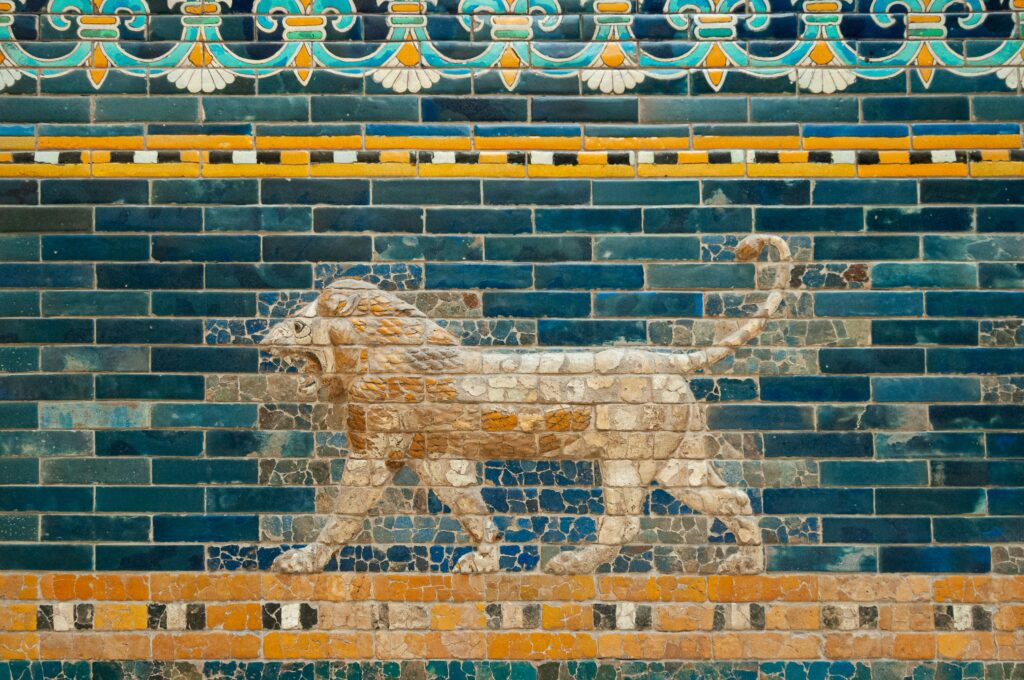The missionary task is rooted in God’s vision for redeeming humankind from the bondage of sin and death. But there is a thread that runs throughout God’s global mission that connects the local mercy work of missionaries with the grand purpose of preaching the gospel. That thread is worship.
Worship connects earthy, on-the-ground missionary labor with the grand end-vision cast in such texts as Revelation 5:9 and 7:9. Throughout redemptive history, missions work has always been seen as the expansion of worship from the local setting to the global setting: “Sing to the LORD, all the earth! Tell of his salvation from day to day. Declare his glory among the nations, his marvelous works among all the peoples!” (1 Chron. 16:23-24)
Here are three ways that worship profoundly connects to the urgent work of missionaries around the globe.
Missions is About Worshiping God for His Power
Missions work isn’t just talking about God, but rather bearing witness to him through Scripture and testimony. The God who saves wants to catalyze a first-hand encounter with lost peoples across the globe, and the most fitting approach to make that encounter possible is to bring worship of the true God to the nations:
“And when they arrived and gathered the church together, they declared all that God had done with them, and how he had opened a door of faith to the Gentiles. And they remained no little time with the disciples.” (Acts 14:27-28)
The work that Paul and Barnabas had done on the mission field was to extend the very joy that they would celebrate when they returned—a joy that exalts God for his powerful working in the hearts of lost men and women to bring them to Christ to know that very same joy.
Missions is about Worshiping God for His Purpose
God not only works powerfully but plans sovereignly, exhaustively, and effectively. Luke records in Acts 13: “While they were worshiping the Lord and fasting, the Holy Spirit said, ‘Set apart for me Barnabas and Saul for the work to which I have called them.’ Then after fasting and praying they laid their hands on them and sent them off” (Acts 13:2-3).
God doesn’t simply show up when missionaries show up—he shows up in the very sending of missionaries themselves. And when we worship God in his act of sending, that act of worship becomes the seed that God grows into the message we carry to the nations.
Missions is About Worshiping God for His Provision
Finally, God not only acts and plans but actually provides for the plans he gives to his people. Paul doesn’t take for granted that missionary work is easy. In fact, Paul knew that there would be great spiritual adversity that stood as an obstacle to his work: “For a wide door for effective work has opened to me, and there are many adversaries.” (1 Cor. 16:9)
These adversaries take many forms. Lack of finances. Contentious people. Painful persecution. Whatever form these obstacles take, God took them into account from the beginning—and Paul worships God by trusting that he will come through exactly when it is necessary to complete the work: “keep alert with all perseverance, making supplication for all the saints, and also for me, that words may be given to me in opening my mouth boldly to proclaim the mystery of the gospel, for which I am an ambassador in chains, that I may declare it boldly, as I ought to speak.” (Eph. 6:18-20)
Conclusion
Remember that missions is about extending the worship of the Triune God for his powerful working, his meticulous and wise plan, and his consistent provision. May we learn to walk forward in our missions work with the mindset of worship—with a heart that praises God in all things and seeks to extend that praise among the lost.






